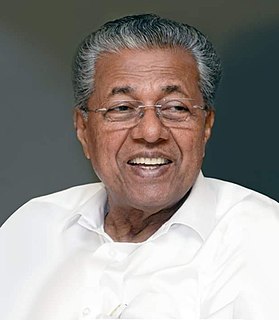A Quote by Mario Cuomo
The Catholic teaching against murder, for example, is largely the same as our secular laws. But as a law, it obviously has a secular rationale at least as strong as its religious rationale.
Related Quotes
In contemporary society secular humanism has been singled out by critics and proponents alike as a position sharply distinguishable from any religious formulation. Religious fundamentalists in the United States have waged a campaign against secular humanism, claiming that it is a rival "religion" and seeking to root it out from American public life. Secular humanism is avowedly non-religious. It is a eupraxsophy (good practical wisdom), which draws its basic principles and ethical values from science, ethics, and philosophy.
We need to employ a secular approach to ethics, secular in the Indian sense of respecting all religious traditions and even the views of non-believers in an unbiased way. Secular ethics rooted in scientific findings, common experience and common sense can easily be introduced into the secular education system. If we can do that there is a real prospect of making this 21st century an era of peace and compassion.
The bloody years of war and all the atrocities in European history have taught the Europeans that secular politics free of religious hatred is mainly a question of peace. This concept is not anchored in the same way in the consciousness of Turks, which has to do with the fact that the secular was forced upon us by the army.
You have to be closer to religious origins -- the generation of the 20's was truly secular in that it still knew its theology and its varieties of religious experience. We are post-secular, inventing new faiths, without any sense of organizing truths. The truths we accept are so multiple that honesty becomes little more than a strategy by which you manage your tendencies toward duplicity.
The secular utopians basically said the exact same thing, they just took the Bible out of the equation. The religious and the secular groups recognized each other as fellow travellers. They exchanged newsletters and asked each other questions like, "What's a good soup pot to use if you're making dinner for 800 people?" They had these practical connections.
A comprehensive doctrine, either religious or secular, aspires to cover all of life. I mean, if it's a religious doctrine, it talks about our relation to God and the universe; it has an ordering of all the virtues, not only political virtues but moral virtues as well, including the virtues of private life, and the rest. Now we may feel philosophically that it doesn't really cover everything, but it aims to cover everything, and a secular doctrine does also.


































